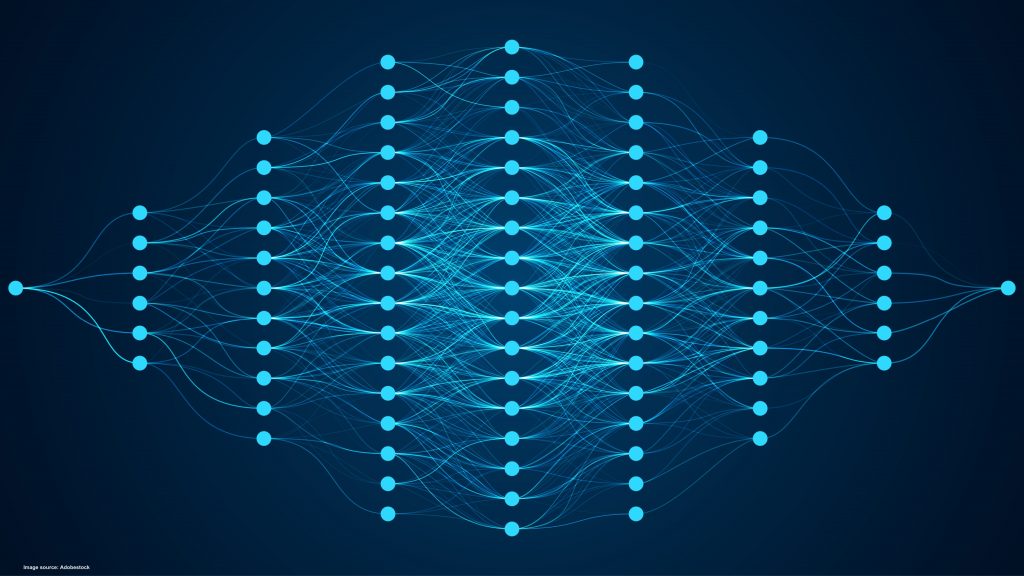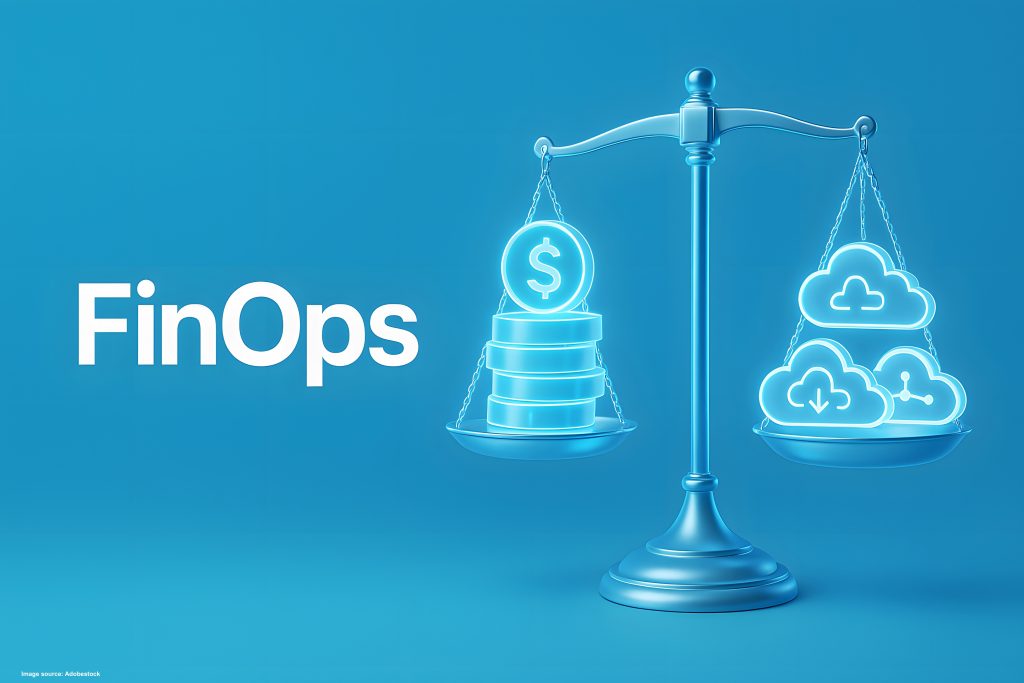- All
- AI News
- Artificial Intelligence
- Business Intelligence
- Cloud Computing
- Gen AI
- Leadership
- Newsroom
- Uncategorized
Edge & Real-Time Analytics in 2026: Bringing the Cloud Back to the Device
Were you aware that cloud computing has a history that dates back to the 1960s? Those days, we had something called time-sharing. This was a simple process of sharing computing resources amongst different users by providing each user a small slice of the task. This idea of “sharing” formed the crux of what is known
Operationalizing AI Governance at Scale
Consider a scenario: Your organization has just deployed its first Gen AI application. The initial results look promising, but once you start scaling across departments, there are critical questions to be answered. How can consistent security be enforced, and how can model bias be prevented while maintaining control as AI applications multiply? These are a
How Real-Time, AI-Native Architectures Will Replace Traditional Warehouses
Enterprise data warehouses have long been managed as fixed initiatives. They are designed for a specific set of requirements and often rebuilt when business priorities or data structures change. In an environment where data volumes expand rapidly and decision cycles grow shorter, this model introduces delays and operational friction. To keep pace, organizations are moving
The Rise of Self-Healing Pipelines in 2026
As businesses continue to modernize their systems, 2026 is shaping up to be a key year for how IT infrastructure is managed. With hybrid cloud setups, microservices, distributed systems, and data-heavy applications becoming standard, IT environments are now far more complex than before. Traditional monitoring tools struggle to keep up with this change. This is
The 2026 FinOps Frontier: Governing LLM Costs, Cloud Sprawl, and Data Gravity
Cloud spending has hit the roof. With global cloud expenditure expected to exceed $723 billion in 2025, 82% of IT professionals claim that high costs are their top challenge. When cloud bills fluctuate month after month or grow faster than business revenue, it is a clear sign that cost governance is missing. This is where
Designing Cloud Architectures for Unpredictable AI Workloads
AI workloads have been on the rise in terms of both their number and complexity, driven by the development of complex recommendation engines and autonomous systems, and now generative AI models. Most organizations expect to incur increased IT costs with the adoption of AI. New AI functions emerging in the software systems are a crucial
Serverless and AI: Building Scalable, Cost-Efficient Intelligent Apps
The convergence of serverless computing, Artificial Intelligence and Machine Learning (AI/ML), is rapidly changing the manner in which modern applications are built, deployed, and scaled. Beyond the theoretical advantages, serverless architectures provide a practical pathway for developers and solution architects to design cost-effective, efficient, and scalable AI/ML solutions without being burdened by infrastructure management. This
Aretove’s 2025 in Focus: A Year of Momentum, Learning, and Milestones
2025 was a year of meaningful change. We leaned into new ideas, new conversations, and new technologies—and even opened the doors to a new office. From conferences and roundtables to product launches and celebrations, one thing never shifted: our commitment to building with purpose. As the year comes to a close, we’re grateful for the
Pollinetic Press Release
FOR IMMEDIATE RELEASE Aretove Inc Unveils Pollinetic, an Agentic AI Analytics Workspace for Modern Data-Driven Teams New York, NY – Dec 22, 2025 – Aretove today announced the launch of Pollinetic, an Agentic AI Analytics Workspace that uses specialized AI agents to turn natural language questions into reliable, end-to-end analysis. Pollinetic connects directly to existing









